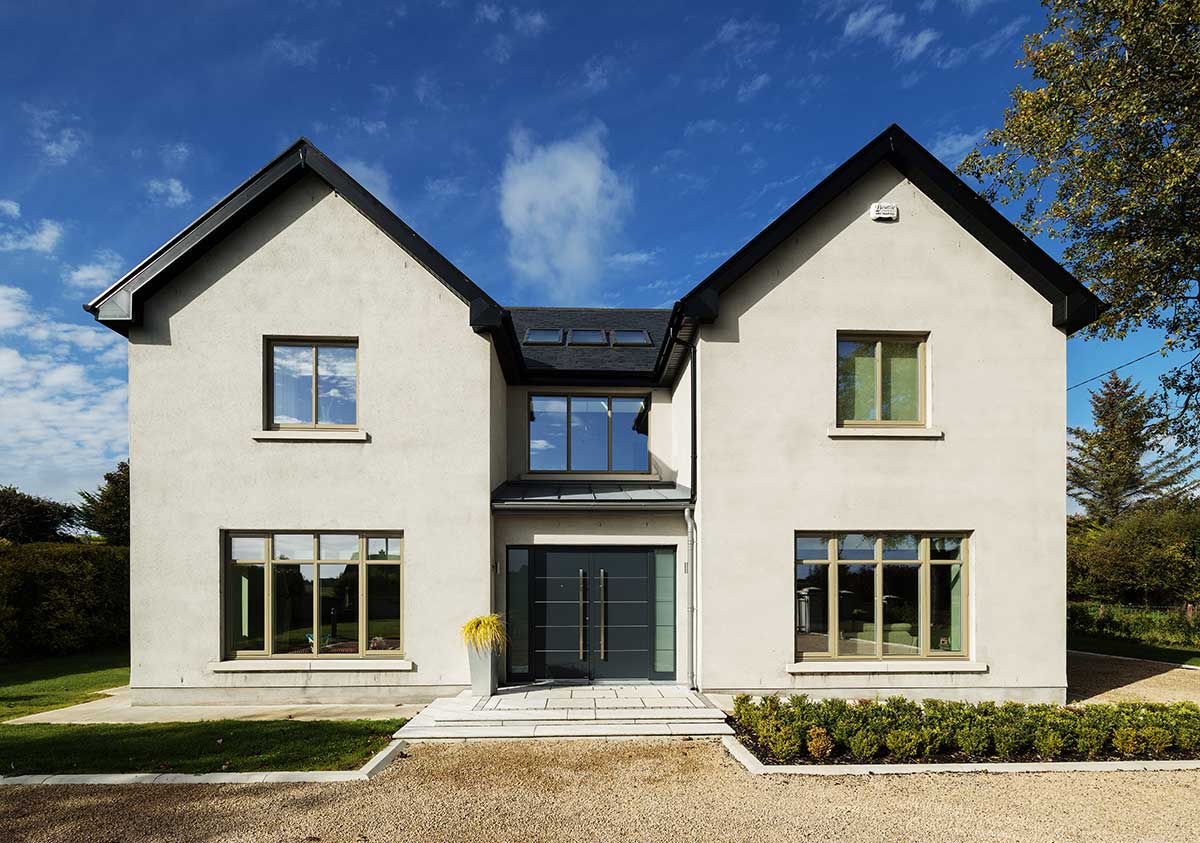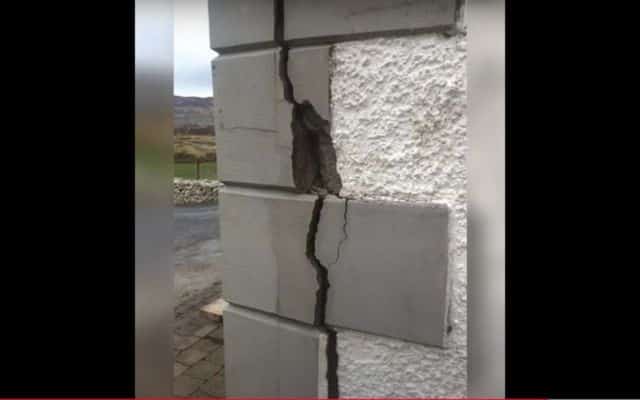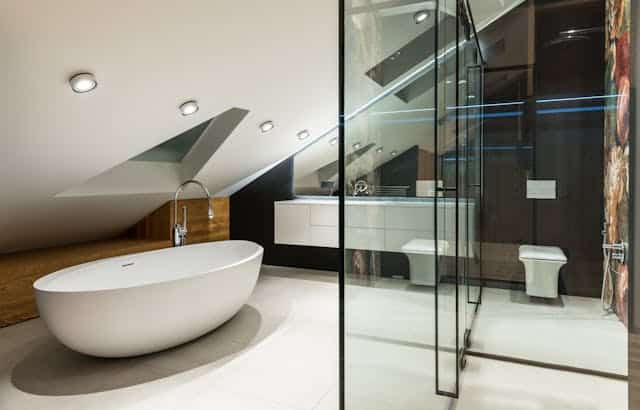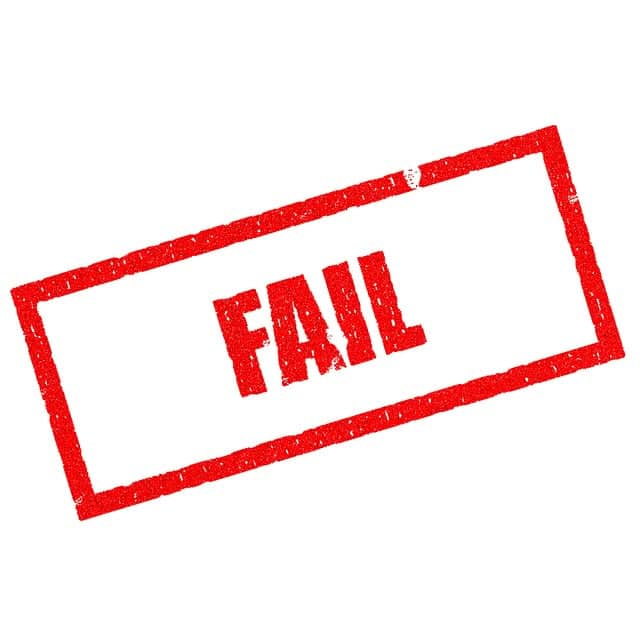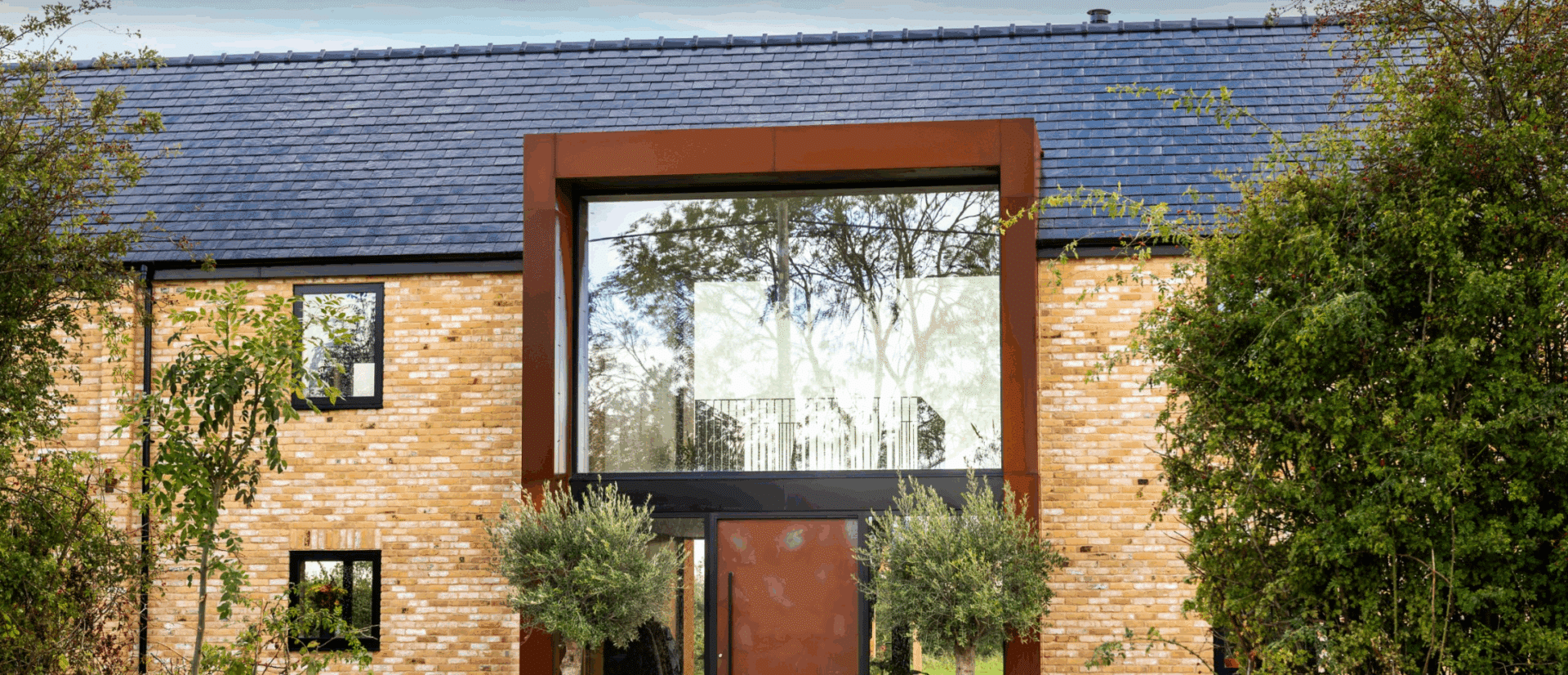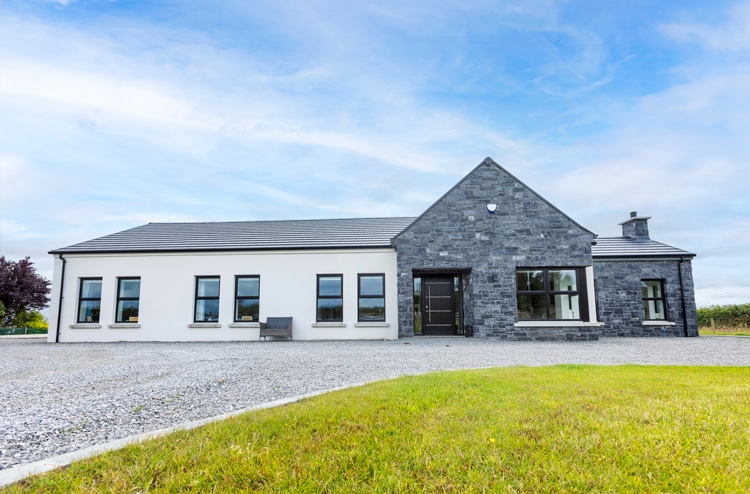Temporary waiver on development contributions drives the largest increase in new build starts since records began, and Minister for Housing Darragh O’Brien indicates it will be extended until the end of 2024.
In this article we cover:
- Details of the extension of the development levy waiver
- Impact of Development Contributions waiver scheme
- Evaluation of extension schemes
Incoming Taoiseach Simon Harris has pledged more supports for self-builders in the form of extending both the help to buy scheme and the waiver on development contributions.
In his first speech as leader of Fine Gael, he confirmed to the party’s Ard Fheis in Galway on April 6, that they will extend the Help to Buy scheme for an extra five years.
“I am bringing a paper to cabinet this week that will scrap the development levies and water charges for all homes, including rural homes, for the remainder of this year,” Housing Minister Darragh O’Brien told the party’s annual conference, citing average savings of €12,700 per home.
‘The waiver is working’
Harris identified house building as a key priority, stating that Fine Gael will build 250,000 homes “over the next five years” and that continuing policies such as the waiver on development levies and the Help to Buy support scheme would help achieve this target.
“The waiver on development levies is working. It is making it cheaper to build and cheaper to buy. I want to work with my colleagues to see if it can be extended,” he said.
“Fine Gael introduced the Help to Buy scheme. It has helped 45,000 families, including 2,000 here in Galway. Under my leadership, this party will extend Help to Buy for a further five years.”
A few days later, the Taoiseach repeated this pledge in his first address to the Dáil.
When pressed on his 250,000 target on RTÉ’s This Week in Politics programme the day after his Ard Fheis speech, he replied that by extending the waivers on development levies, there had been the largest increase in recent commencements “since the Celtic Tiger.”
He told RTÉ: “I am going to work with colleagues, including Minister O’Brien, who is doing a very good job, to make sure we keep those development levies in place.”
During a Seanad debate on Thursday, April 11, State Minister Joe O’Brien said that the levy holiday scheme (due to expire on April 24) had seen the largest increase in new build starts since records began in 2015.
In January and February this year, there was a 71 per cent increase in new build commencements (7,056 new homes) compared with the same period in 2023. Overall, there was an increase of 22 per cent of new homes started in 2023 on the previous year (32,801 compared to 26,957).
Speaking on behalf of Minister Darragh O’Brien, Minister of State, Deputy Joe O’Brien stated that the Housing Minister was currently reviewing the waiver and water connection rebate schemes to assess if its extension is “justified and can bring further benefit.” Further to the ongoing analysis, the Minister “will bring forward proposals to Government to extend the two schemes for an additional period if that is considered appropriate.”
Minister O’Brien told the Seanad: “The temporary time-limited nature of the waiver and refund schemes has undoubtedly been a positive factor in influencing the speedier activation of planning permissions by developers since they were introduced last year, including planning permissions that have been granted for a number of years and were not activated. The schemes have also assisted in enhancing the viability of developments and incentivising the bringing forward of developments that might not otherwise have been financially viable.”
Senator John McGahon, who introduced the debate to the Seanad, explained how well the levy waiver scheme was working in his constituency. “We have seen a huge increase in the number of commencements in the past 12 months as a result of it,” he said. “I see that through my office at home in Dundalk, where many people, who are predominantly my age, are building for the first time. They are going through the entire process and are now worried about the prospect of an added cost of €11,000 being put on top of all their building requirements and building costs by the end of this month. It is crucial that we extend the scheme. It is a very good idea that has been proven to work, especially over the past 12 months, when we see how many commencements have started, particularly in rural one-off housing.”
Backlog of 95,000 units
Commenting on the announcement, Martin Markey, CEO of Hardware Association Ireland (HAI), welcomed the new Taoiseach’s commitment to bolster support in addressing the current housing crisis but believed more measures are necessary. “With a backlog of demand for 95,000 housing units, the projected construction of approximately 33,000 this year leaves a significant shortfall,” he says.
“While the Help to Buy scheme and development levy waiver have made progress, HAI urges the Government to expand the vacant and derelict property grants to include above-shop living units. Currently limited to single units, extending grants to multi-unit development could revitalise urban areas plagued by derelict properties and provide much-needed new homes.”
The €50,000 Croí Cónaithe Vacant Property Refurbishment Grant is available to refurbish a home you will live in. Where a property is derelict, a grant amount of €70,000 is available.
Development waiver
The Government estimated that the development charges waiver and the water connection charges refund scheme reduced house-building costs by an average of €12,650 per home.
The temporary measure was intended to last one year, until April 24, 2024, and was conditional on the completion of the home no later than December 31, 2025.
The ‘Development Contribution’ levy, known as Section 48, is a payment towards the local council’s infrastructure, including neighbourhood amenities, roads and footpaths, and traffic management.
If the waiver were to be extended for another year, self-builders could save up to €37k between the development contributions and the connections to mains water and wastewater.
Sign the petition to extend the waiver beyond 2024 here
Help to Buy
The Help to Buy scheme was extended to the end of 2025; the original scheme would expire at the end of 2024. The Taoiseach has pledged to extend the scheme for five years.
The Help to Buy provides income tax relief to assist first-time buyers and first-time self-builders with obtaining the deposit required to purchase or build their first home.

